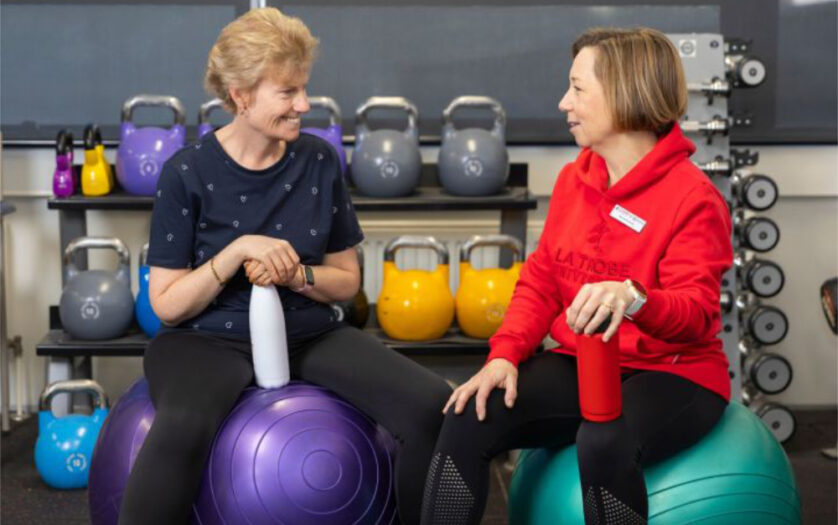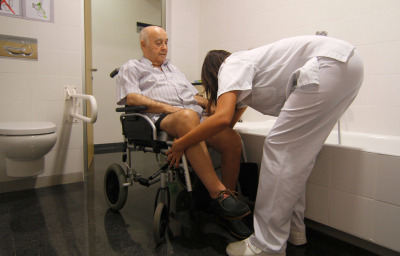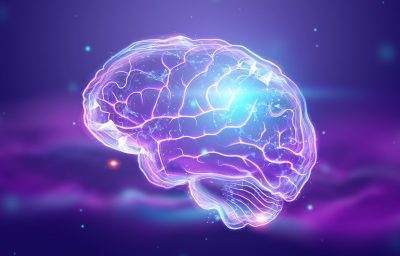
A new initiative will see the co-design of a physical activity navigator program to help adults with intellectual disabilities lead more active and healthier lifestyles.
The program has received a $2.03 million grant through the Medical Research Future Fund and will be led by Professor Nora Shields from the Olga Tennison Autism Research Centre (OTARC) at La Trobe University, together with lead investigator Associate Professor Leanne Hassett from the University of Sydney.
Adults with intellectual disabilities are far more likely to be physically inactive compared to adults without a disability, which can lead to poorer health and wellbeing outcomes.
The project will aim to tackle this inequity by co-designing and implementing a cross-sector navigator program that helps adults with intellectual disability, and their families, identify and participate in suitable physical activities in their communities.
Professor Nora Shields said the project will build on years of collaborative work aimed at creating inclusive physical initiatives that help address the barriers to participation that people with intellectual disability face.
“People with intellectual disabilities often face unnecessary barriers to participating in physical activity,” Professor Shields said.
“This project is excellent recognition of the importance of physical activity for people with intellectual disability.”
The project will be delivered in partnership with Inclusion Australia, the Prader-Willi Research Foundation of Australia and Down Syndrome Victoria. Together, the partners will ensure the program reflects the lived experiences and needs of people with intellectual disability and their support networks.
Professor Chris Pakes, Deputy Vice-Chancellor (Research and Innovation) at La Trobe, said the University was proud to lead this important initiative that will create more inclusive opportunities for adults with intellectual disability.
“This project reflects our ongoing commitment to research that delivers real benefits for the community, while supporting the health and wellbeing of all Australians,” Professor Pakes said.
The project aligns with national efforts to improve health equity for people with disability, including Australia’s Disability Strategy 2021–2031 and the National Roadmap for Improving the Health of People with Intellectual Disability, both of which call for better access to inclusive health and wellbeing opportunities.








